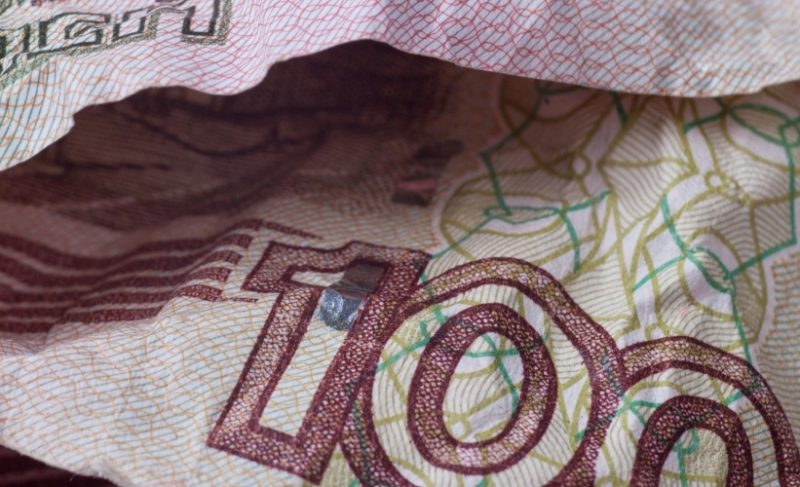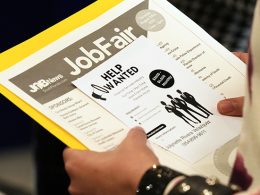by Brad Tank, Chief Investment Officer—Fixed Income, Neuberger Berman
As much of the world watched in horror as Russia invaded Ukraine, capital markets, with a few notable exceptions, continued to function remarkably well, attempting to price for the myriad direct and indirect effects of this geopolitical turmoil.
The purpose of today’s CIO Weekly Perspectives is briefly to recap the market action and some of its key implications. I will close with a note from our CEO, George Walker, which reflects the views and sentiments of all of us here at Neuberger Berman.
Local Markets
The most dramatic and immediate effect of the invasion and subsequent international sanctions is that local market Russian securities are effectively frozen. This is the result of central bank restrictions, bank sanctions, actions taken by exchanges and a variety of regulatory bodies, and restrictions enacted by the government of Russia.
Unsurprisingly, Russia set a dismal precedent for a sovereign credit when it collapsed from an investment-grade rating all the way down to CCC within a single week.
Hard Currency Markets
While local market trading in Russian securities is frozen, some hard currency sovereign and corporate bonds continue to trade, albeit with very wide bid-offer spreads and very low volumes. There is very little liquidity on offer.
Prices for Russian government securities are indicative of a default scenario, and we think that is a likely outcome.
Essentially, our view is that Russian debt instruments are to be excluded from the investable universe for obvious environmental, social and governance reasons.
Broad Emerging Markets
Emerging markets debt more broadly has traded well this year, in terms of spread, prior to the invasion. While the broad index has widened by just over 100 basis points in recent days, geographies far removed from the conflict have performed substantially better.
For example, Latin American sovereign credits are, on average, only around 20 basis points wider. Commodity exporting countries that are far away from the affected region and relatively self-sufficient in food production should remain resilient, in our view.
Developed Markets
In developed fixed income markets, central bank tightening expectations have been dramatically repriced.
Any near-term hiking expectations from the ECB have been taken out of the market. U.S. Federal Reserve pricing has been pulled back to four rate hikes this year, and last week, Chairman Jerome Powell virtually guaranteed that the first hike, anticipated this month, would be 25 basis points rather than 50.
Inflation
We believe the major economic risk emerging from this crisis is inflation, led by energy prices.
Inflation was already a problem—featured in many of our Perspectives over the past six months, and the topic of a new awareness campaign from across our investment teams—and we expect general price inflation to continue to move higher and remain elevated for a long time.
While energy prices have dominated the headlines, food prices are rapidly emerging as an area of concern. Russia and Ukraine account for a quarter of global wheat exports and one-seventh of global corn exports. Furthermore, Russia is the world’s leading exporter of fertilizer.
Growth
Global growth forecasts, which had previously been quite robust, are in the process of being lowered meaningfully. Our base case remains that previously strong economic momentum can overcome the present price shocks.
This view is highly fluid and necessarily dependent on just how high energy and food prices go, but in support we would point to the fact that spillover to developed market credit spreads has been fairly muted. U.S. high yield spreads, for example, remain below 400 basis points. In addition, the ability of companies to raise money in the credit markets remains relatively unfettered. The U.S. high-grade bond market saw $53 billion in new issuance last week, across a wide variety of issuers, and expectations are for another $50 billion this week.
When we forecast more politicized economies and a higher-volatility environment to persist throughout this year in our Solving for 2022 views last November, we certainly did not anticipate the present circumstances. Nonetheless, our call for a more tactical and flexible approach to fixed income markets has, if anything, become more amplified, as we believe that security selection will regain pre-eminence in determining investment outcomes.
Standing With the People of Ukraine
George Walker, CEO at Neuberger Berman, offers these thoughts:
“As we continue to watch the gut-wrenching events unfolding in eastern Europe, Neuberger Berman stands with the people of Ukraine and those who are supporting the refugees of this tragedy. Across Neuberger Berman, we have very limited exposure to Russian investments. We have also informed clients that while we generally prefer engagement to blanket divestment, given current circumstances, we will not invest directly in Russian securities or assets, and we will eliminate our very modest remaining exposures as we are able.
“We are inspired by the courage and bravery of the Ukrainian people and President Zelensky. Our thoughts and prayers are with all of those whose lives have been needlessly shattered by Vladimir Putin’s reckless actions. This includes countless Russians who oppose this war yet will suffer profoundly, too.”
Copyright © Neuberger Berman












